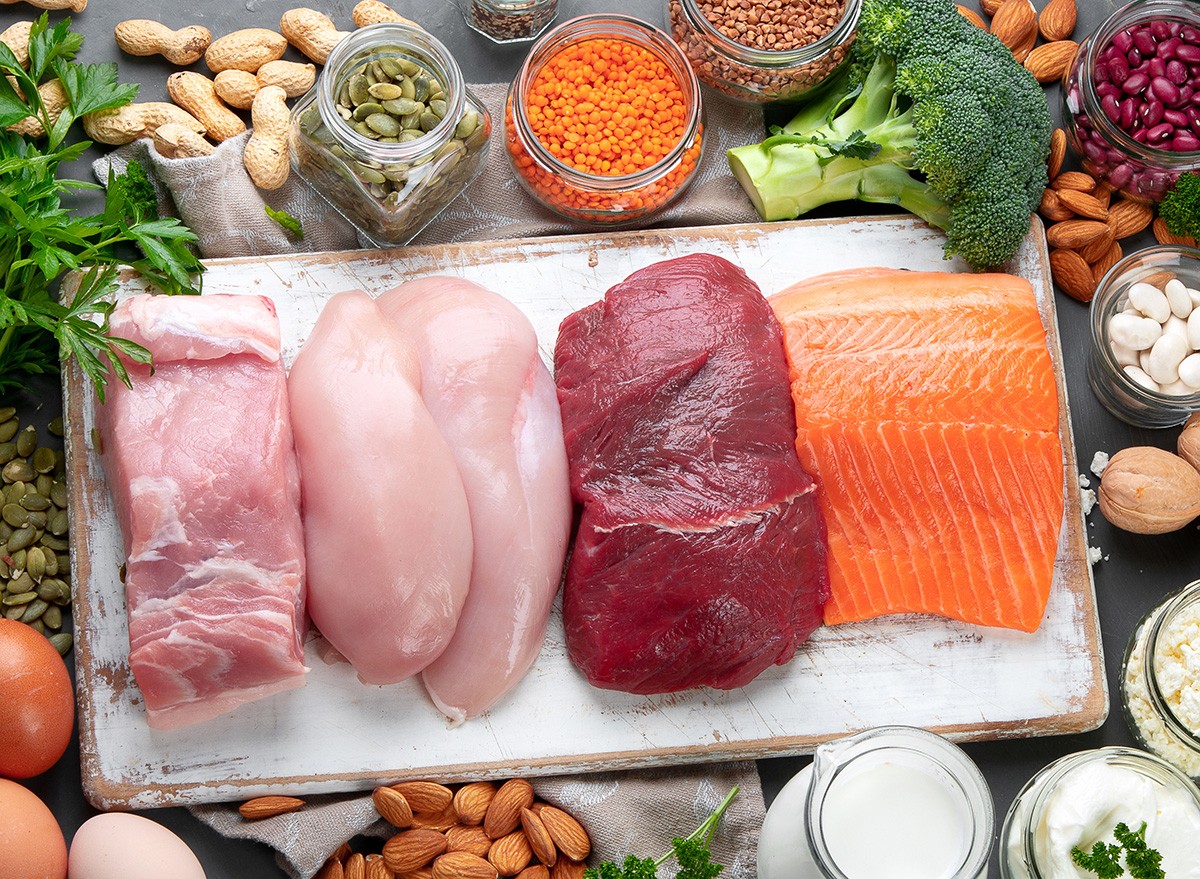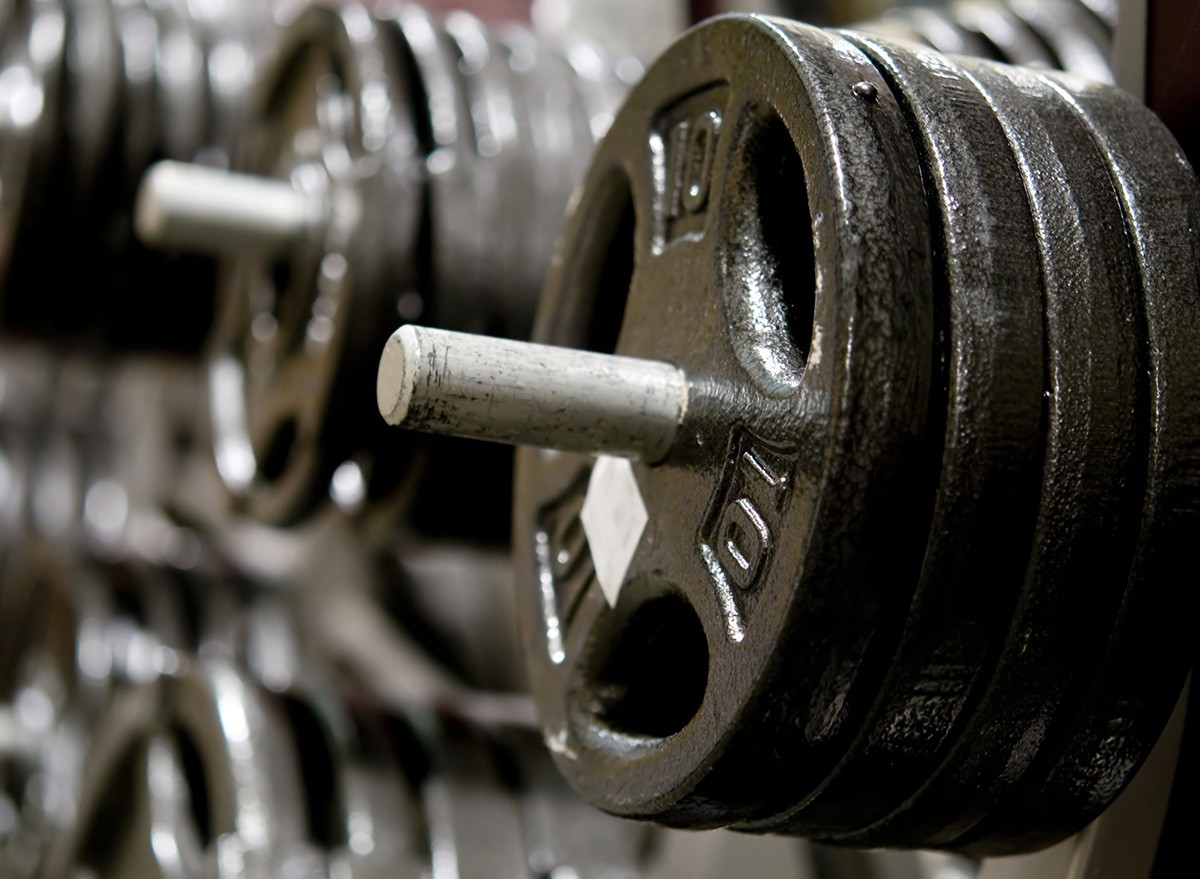She Lost 60 Pounds in 15 Months by Walking and These 5 Simple Habits

Do you want to lose weight without stepping into a gym? Gina Frattini is a weight loss warrior who dropped 60 pounds in 15 months without Ozempic or other weight loss drugs. In a new social media post, she reveals the simple lifestyle changes responsible for losing weight – no gym membership required. "5 habits that took me from a size 12 to a size 2 naturally and in 15 months," she writes, revealing her "non-negotiable five."
Protein

Her first habit was eating enough protein. "Minimum 30g protein 3x a day is always my goal!" she says. "Ensure you are putting real protein before processed proteins. You can't expect to lose weight and tone up when you're eating less than a good chunk of protein daily or if you aren't eating at all. Stop skipping meals! If you're serious about weight loss and muscle building – this is non-negotiable."
RELATED: I Lost 100 Pounds in 18 Months With Walking and 3 Simple Food Changes
Wake Up Earlier

Next, wake up earlier. "Before work, before kids, before other responsibilities. 5-530am is the quietest time to get in a weighted walk for me or a run on the treadmill. Make a habit of getting up early. Make it a habit to move your body during that time. I love walking weighted!" she says.
Lift Weights

Next, lift weights. "Lift as heavy as you can while challenging yourself, every time! Listen, you will not get bulky. You will get toned. You need to lift 3x a week. Start light, start building consistency and do full body," she says, "but keep at it and increase weights gradually!"
Hydrate

Make sure to drink enough water. "Ensure you are properly hydrated. I drink half my body weight in ounces of water! Example 120 lbs, I stick with 60 ounces of water daily! I love having electrolytes and colostrum in my cup daily! I can immediately tell when I haven't hit my water intake for the day," she continues.
RELATED: This Is Exactly How to Lose Body Fat This Year
Get Enough Sleep

The final habit? Get enough sleep, "8-10 hours a night," she says. "Yup, skip the Netflix and go to bed earlier so you can wake up earlier and hit the 2nd one. Proper sleep is crucial for recovery, fat burn, muscle gain and proper health. You have to get enough sleep!"
RELATED: She Lost 75 Lbs by Eating These 3 Foods That "Mimic" the Effects of Ozempic
Stick to the Plan

"Nothing happens overnight except sleep, so stick with the plan not your mood. Good things take time and great things take longer. Try these 5 things the next 6-12 weeks and you'll feel like a completely different person. Not only will you start to notice your mood and mind shift, but you'll see your body changing too," she concludes. And if you enjoyed this article, take advantage of these 15 Quick Ways to Lose Body Fat Percentage in a Week.




